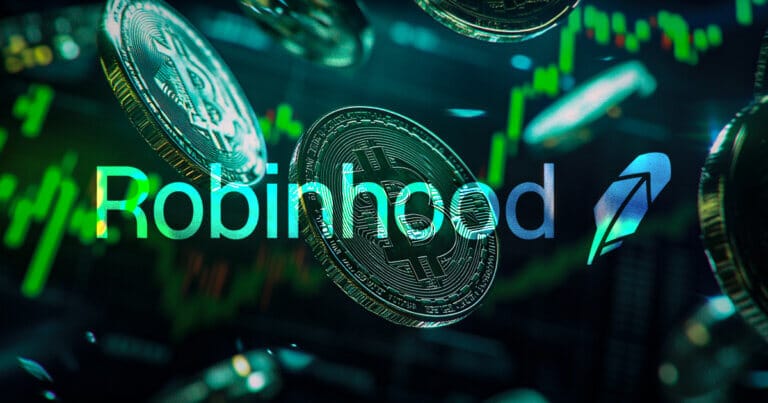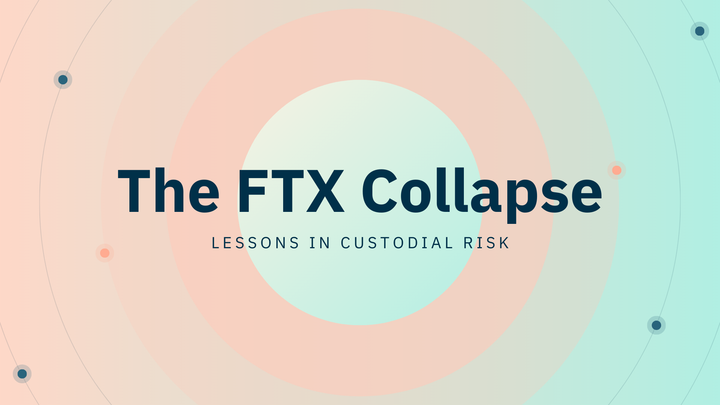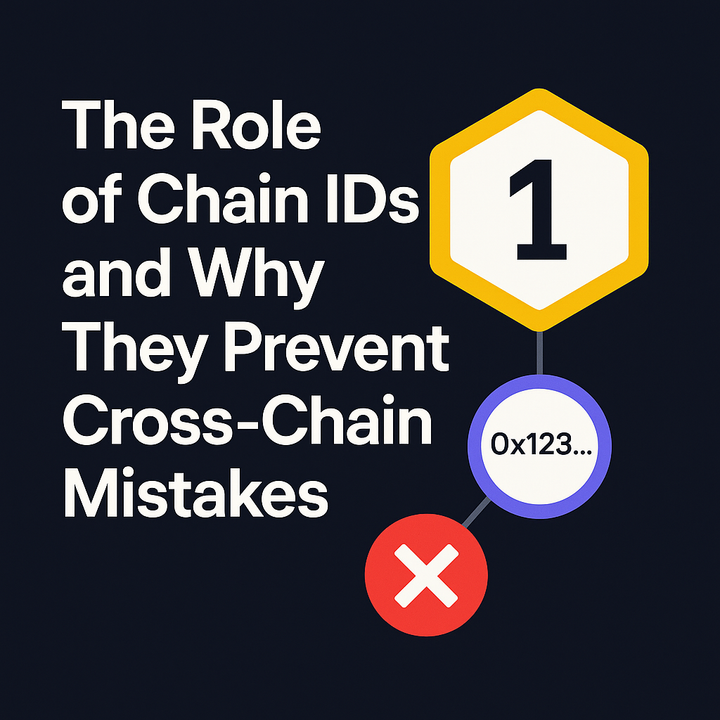Robinhood’s Latest Moves: What It Means for Crypto Adoption and Markets

Robinhood, the popular commission-free trading platform, has been a major player in bringing retail investors into the world of stocks and cryptocurrencies. Recently, its evolving strategy and new features continue to shape how everyday users access and engage with crypto assets. This article breaks down Robinhood’s latest impact on the crypto ecosystem and why it matters for adoption, market dynamics, and regulatory scrutiny.
What Has Robinhood Been Up To?
Robinhood initially made headlines by offering easy-to-use crypto trading without commissions, lowering barriers for new crypto users. In 2024, Robinhood has pushed further into crypto with:
- Expanded Crypto Offerings: Addition of new tokens and trading pairs, broadening user choice.
- Crypto Wallet Launch: A self-custodial wallet allowing users to send, receive, and store crypto outside the platform, increasing user control and interoperability.
- Educational Initiatives: Resources and tools aimed at improving crypto literacy for beginners.
- NFT Marketplace Exploration: Testing ways for users to buy and sell NFTs, tapping into the growing digital collectibles market.
These moves reflect Robinhood’s ambition to be a one-stop platform for digital assets, blending ease of use with emerging blockchain trends.
Why Does This Matter?
Lowering Barriers to Robin-hood’s
Huge user base means that making crypto accessible directly affects mass adoption. By simplifying account setup, trading, and now wallet management, Robinhood lowers the traditional friction points for crypto participation, such as complex key management or navigating decentralized exchanges.
Bringing Mainstream Attention to Crypto
Robinhood is often the first exposure to crypto for many retail investors. The platform’s updates often generate buzz, encouraging users who might be hesitant or unfamiliar to experiment with crypto. This mainstream attention can drive overall market growth and liquidity.
Regulatory Spotlight
With greater market reach comes heightened regulatory scrutiny. Robinhood’s moves coincide with increased focus from regulators on consumer protections, market manipulation, and transparency in crypto offerings. How Robinhood navigates these challenges will likely influence the broader industry’s regulatory landscape.
Impact on Crypto Market Dynamics
Robinhood’s commission-free model and easy access can amplify retail-driven volatility. While this democratizes trading, it can also lead to rapid price swings or speculative frenzies. The addition of wallet features might encourage longer-term holding and decentralized interaction, potentially stabilizing user behavior over time.
Key Terms from the Mitosis Glossary
- Custodial Wallet: A wallet where a third party holds the private keys on behalf of the user. Robinhood’s new wallet offering is self-custodial, meaning users hold their own keys.
- Decentralized Exchange (DEX): A marketplace without a central authority, where users trade directly from their wallets, unlike Robinhood’s centralized platform.
- Liquidity: The ease with which assets can be bought or sold without affecting their price significantly. Robinhood’s large user base contributes to high liquidity in the tokens it supports.
What’s Next for Robinhood and Crypto?
Robinhood’s continued evolution signals a push to blend simplicity with more advanced crypto features. Its wallet and NFT experiments could position it as a gateway not just to trading but to broader blockchain participation, including decentralized finance (DeFi) and digital collectibles.
For builders and investors in the crypto space, keeping an eye on Robinhood means watching how mainstream adoption evolves, how retail behavior shapes markets, and how regulation unfolds.
Internal Links for Further Reading
- Understanding Ethereum Layer 2 Rollups
- Modular Blockchain Architectures Explained
- Cross-Chain Interoperability Fundamentals



Comments ()